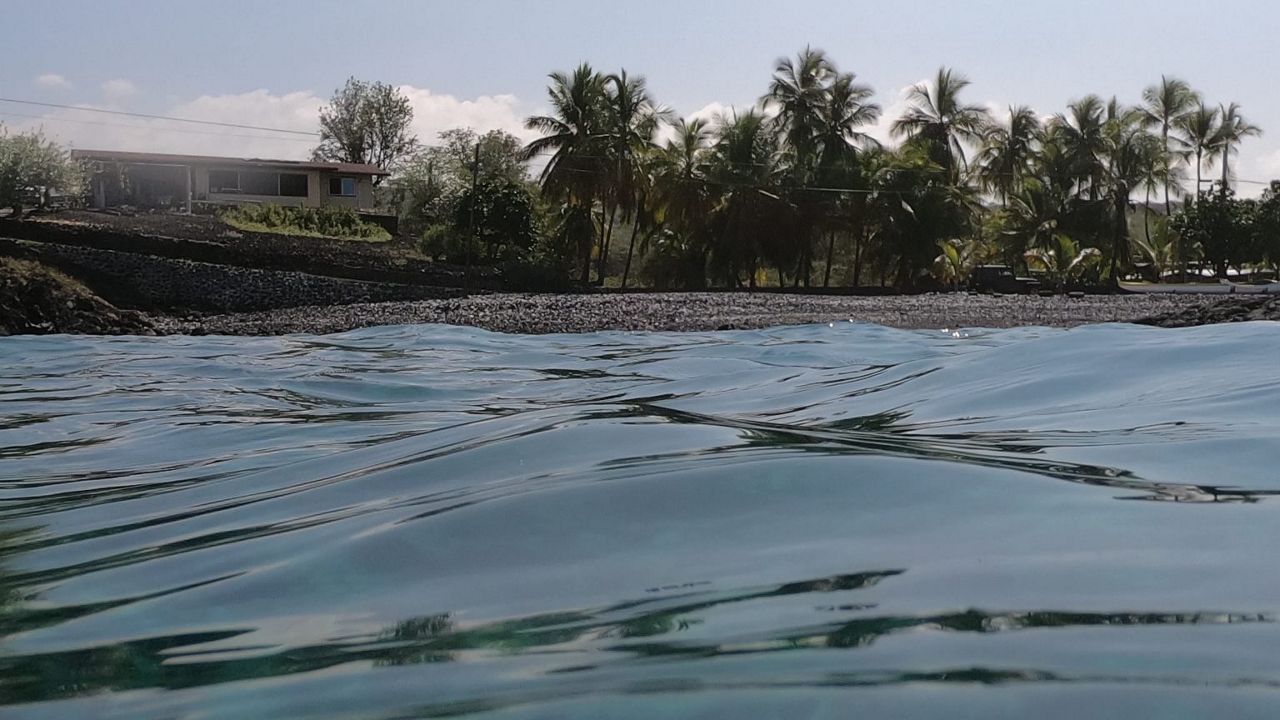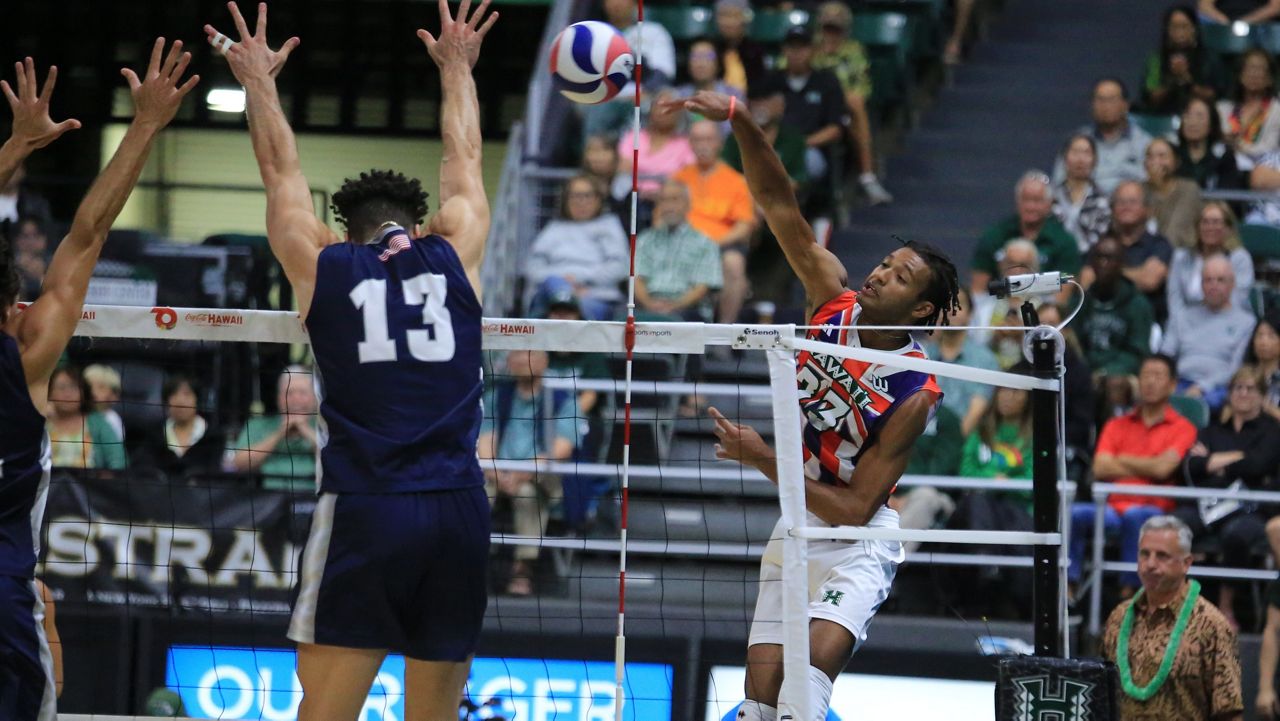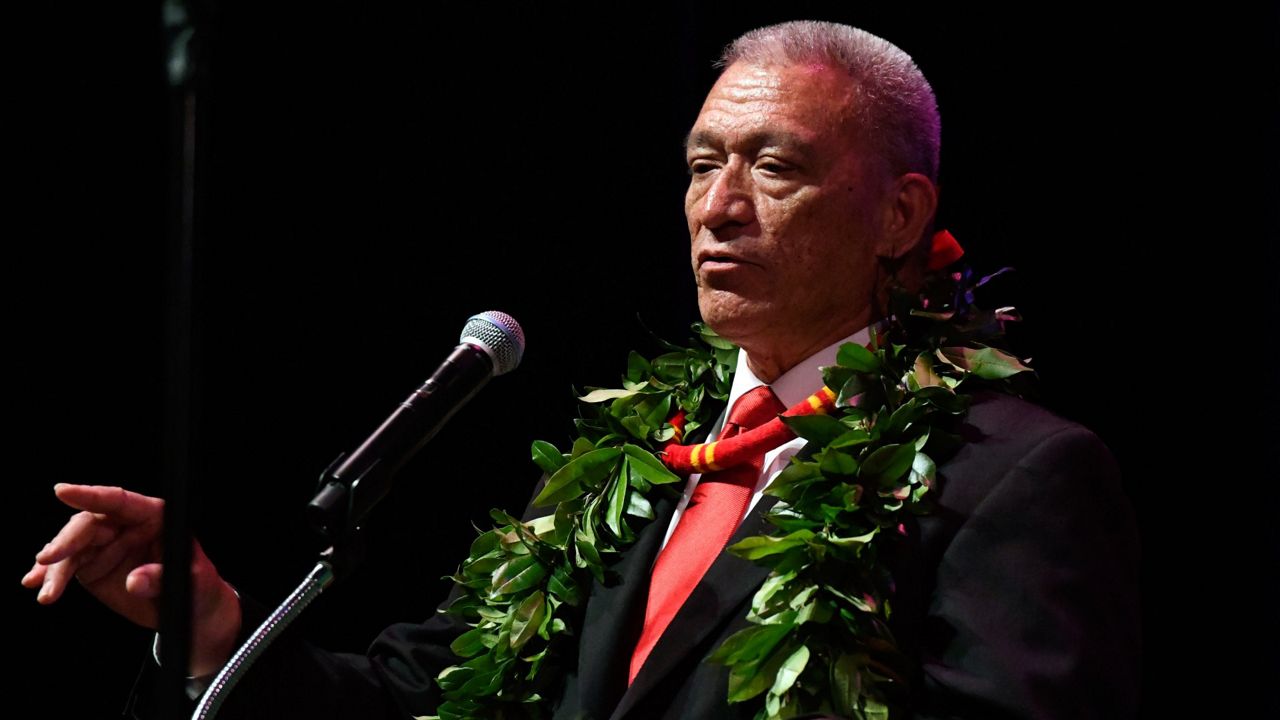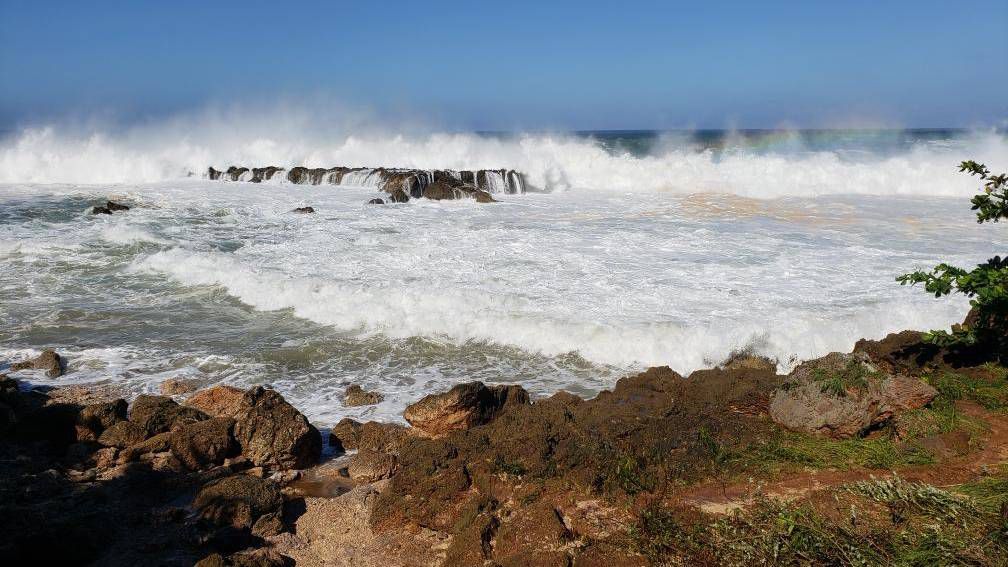With the adoption of a new Hawaii Administrative Rules, Milolii, the so-called “last fishing village in Hawaii,” is now a designated community-based subsistence fishing area.
According to the state Board of Land and Natural Resources, which adopted the rules on Thursday, the designation is intended “to ensure abundant stocks of priority species and high-quality fishing now and in the future for residents and visitors to Miloli‘i and to reaffirm and perpetuate fishing practices that were customarily and traditionally exercised for Native Hawaiian subsistence, culture, or religion along the southwest coast of Hawai‘i Island.”
The state Legislature made Milolii the state’s first permanent CBSFA back in 2005. Last December, following a series of community workshops and meetings, the Department of Land and Natural Resources Division of Aquatic Resources conducted statewide public scoping, a process involving public inspection and input early in environmental impact study.
In testimony before the land board, DAR Administrator Brian Neilson said, “The Miloliʻi CBSFA is an excellent example of the interweaving of traditional and modern scientific knowledge and improving DLNR’s and the community’s capacity to co-manage the State’s public trust resources.”
The nearshore ecosystems of the South Kona coast of Hawaii Island have supported human settlements for some 500 years, a tradition carried on by residents of the area who still use traditional Hawaiian fishing practices.
“This has been a long road for the people of Miloli‘i, but they persevered, and the designation of the CBSFA will ensure long-term sustainable populations of fish and other marine species and encourage the scientific study and understanding of subsistence fishing management,” said BLNR chair Suzanne Case.
DAR staff worked with the Miloliʻi-based community group Kalanihale to develop rules to meet those goals.
The newly adopted rules set size and bag limits, seasonal restrictions, no-take prohibitions, and gear and species restrictions within sub-areas of the CBSFA boundaries.
Gov. David Ige is expected to finalize the process by signing off on the designation.









